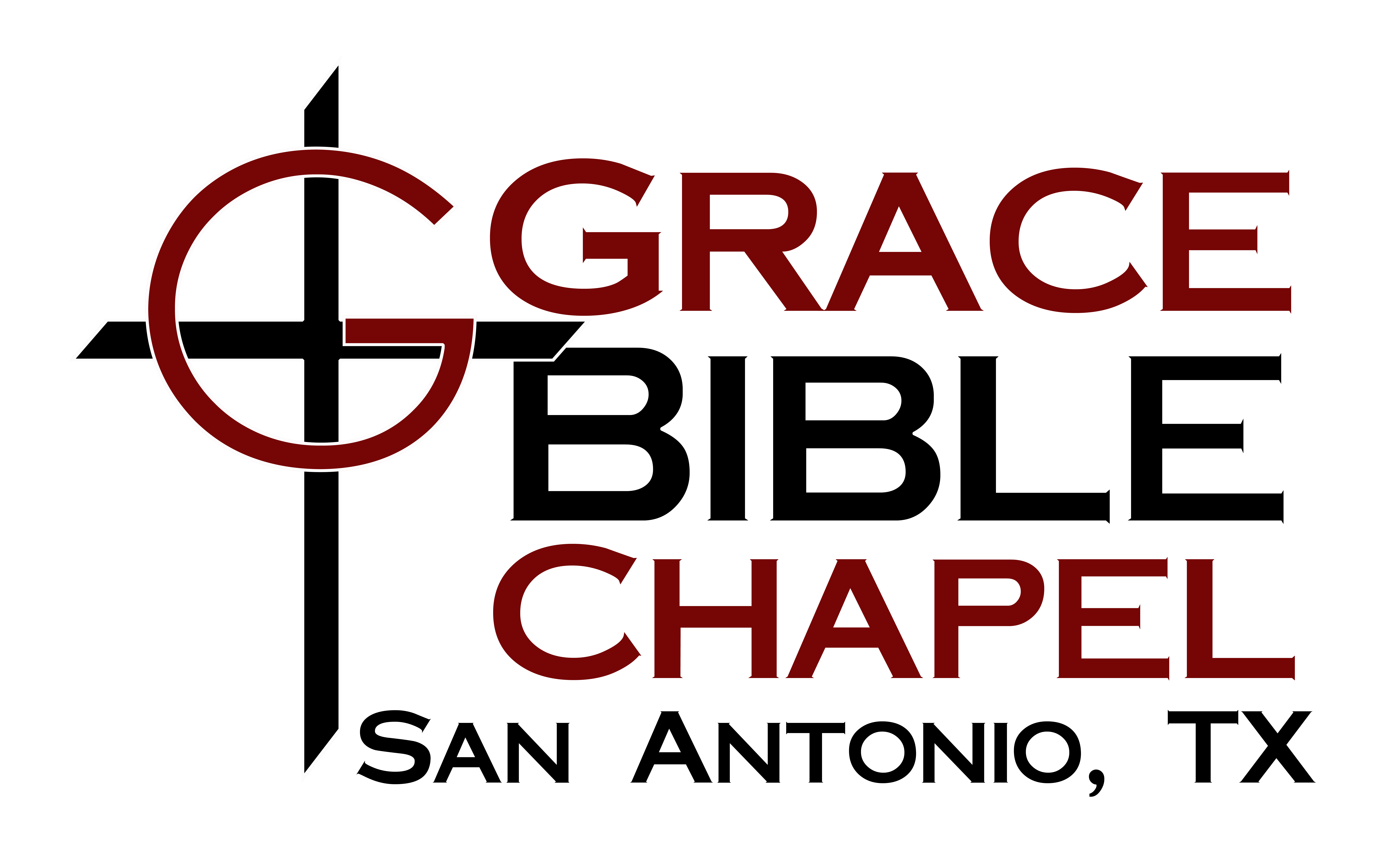
Pastor’s Thoughts – 04/20/2025
April 18, 2025
Pastor’s Thoughts – 05-04-2025
May 2, 2025“The true Christian is one whose religion is in his heart and life. It is felt by himself in his heart. It is seen by others in his conduct and life. He feels his sinfulness, guilt and badness, and repents. He sees Jesus Christ to be that Divine Savior whom his soul needs, and commits himself to Him…there is one thing in a true Christian which is eminently peculiar to him. That thing is love to Christ.”
J. C. Ryle
Local church assemblies are like a big family, and occasionally because people frequently interact with each other, those within God’s church become upset with one another. Such issues can cause division and trouble within the loving family of God. James asks a probing question, “Who among you is wise and understanding? Let him show by his good behavior, his deeds in the gentleness of wisdom” (James 3:13). He is writing in a context where he is bringing our behavior with one another as an important part of our testimony of being a Christian. The word he uses for wise means skill in judging what is true. The qualification to prove possession of this wisdom is found in the phrase, “Let him show by his good behavior.” This means before we begin to act in the wisdom needed, we must have a presence of God about us giving us the ability to judge every situation. Our God honoring behavior is an outgrowth of having this wisdom. But he doesn’t stop there but adds, “his deeds in the gentleness of wisdom.” He states that a person with the kind of wisdom required will have judgment that is integrated with demonstrable deeds illustrating the possession of God’s wisdom.
The idea of this gentleness brings God’s kind of love into view. The kind of wisdom accompanied by love is not knowledge puffing up in pride or self-centered concerns, but a Christ-like love shown in grace. A love accompanied by knowledge brings about God’s kind of righteousness and gentleness in judgment. He is defining how we approach one another in the difficult interactions of life. What we see from this is that a person’s judgment in interacting with others can only be beneficial when it is the result of God’s preparation. In order for us to begin to truly love one another as we are commanded, and apply this in our judgment, we must have the very attitude and wisdom of God active within us. We must have sought God’s Word and been in prayer or we will not carry out God’s will correctly as we interface with others.
This passage sets the tone and response for the remainder of chapter three of the book of James. The person qualified to be truly beneficial must be wise in understanding according to God’s definition. This is not an IQ, or even a situation of having all the facts. It instead, encompasses something much greater, something supernatural, as defined by what only God can do in the person. James goes on to explain why this is so important; “But if you have bitter jealousy and selfish ambition in your heart, do not be arrogant and so lie against the truth” (James 3:14). The person who is approaching another in a disagreement or a provoking situation cannot be filled with the selfish attitude described by James. This is the same way those who are unsaved act and judge one another. He says, “Do not be arrogant and lie against the truth.” This preconceived bitterness is not fitting for anyone who names Christ. That is why James will go on to say, “This wisdom is not that which comes down from above, but is earthly, natural, demonic” (James 3:15).
Those of the world handle their disputes characteristically one way and James describes it; “For where jealousy and selfish ambition exist, there is disorder and every evil thing” (James 3:16). Then he describes how those in Christ should deal in disagreements or disputes with one another; “But the wisdom from above is first pure, then peaceable, gentle, reasonable, full of mercy and good fruits, unwavering, without hypocrisy” (James 3:17). There is such a vast difference between the two approaches. The second is so refreshing and beautiful. This is how our Heavenly Farther deals patiently with us, and it will be how He will deal with us throughout eternity.
When I think of the resurrection of Christ and the new life in Him, it puts all the small matters into proper perspective. So, James closes out this section on personal disputes within God’s church by saying, “And the seed whose fruit is righteousness is sown in peace by those who make peace” (James 3:18). We are all familiar with the beatitude, “Blessed are the peacemakers” (Matt. 5:9). Obviously, Satan would have the church in disarray by causing personal disruptions. The church must be an oasis from the world and a place of peace with God, and peace with one another. It is a peace whereby God’s people can then focus on worship to God and growing in love for God and for one another. This cannot happen where there are contentions. The message of James is clear and beautiful. Once again, this Sunday we meet by privilege to worship the true and living God. May we join hands and hearts in the deepest love and gratitude for our Savior, united together in love for God and for one another.


